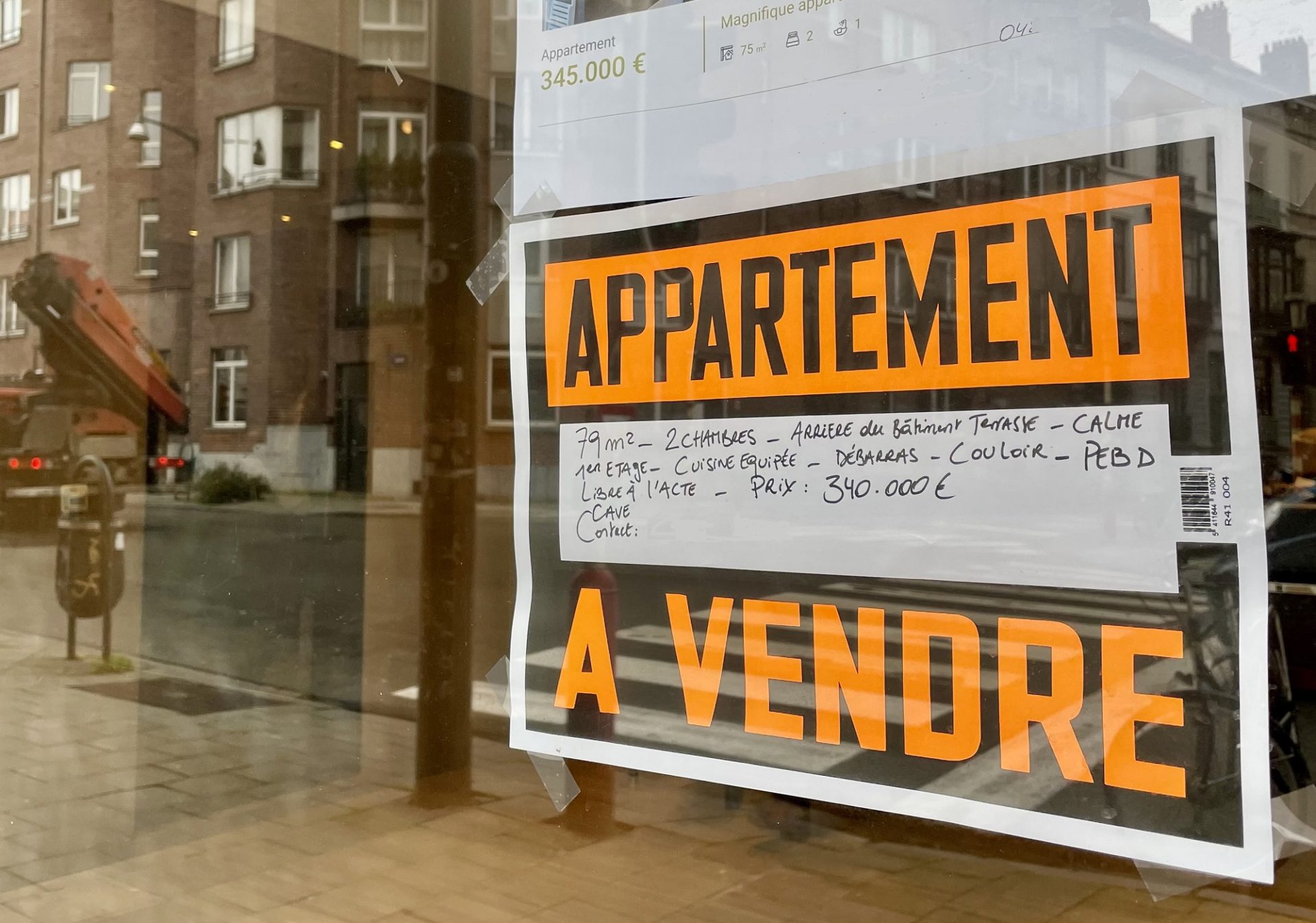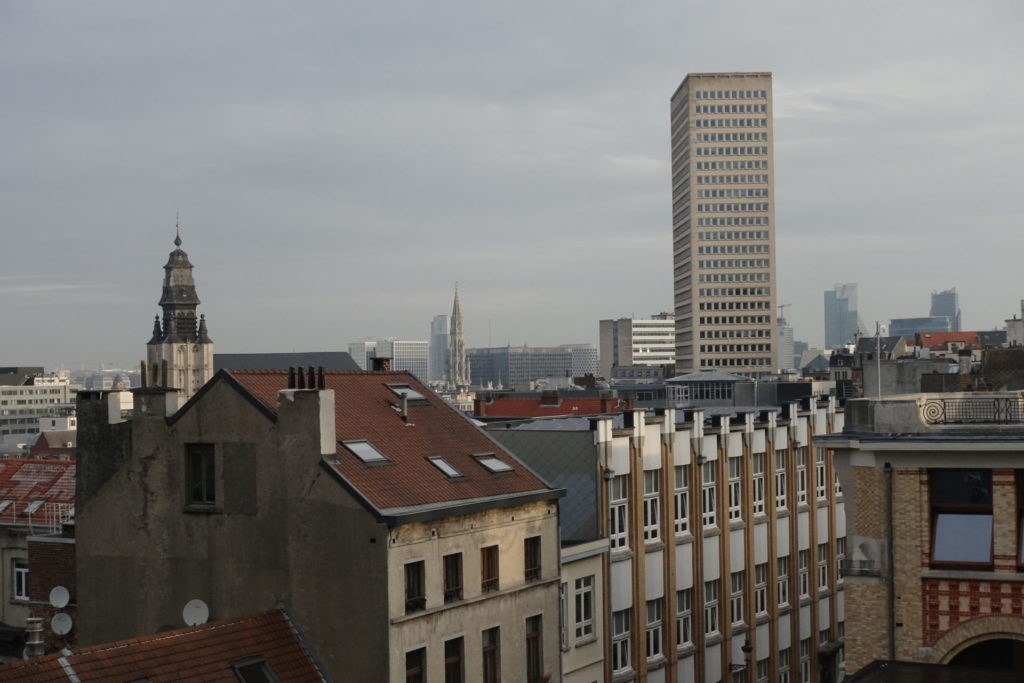Only 4.8% of Flemish civil servants who work in Brussels also live there, according to Vrije Universiteit Brussel (VUB) demographer Patrick Deboosere.
Of the 9,621 Flemish civil servants stationed in Brussels, 9,162 commute, or 95.2%, Bruzz reports.
“The majority of Flemish civil servants still consider our capital city to be primarily a working city,” said Flemish MP Annabel Tavernier (N-VA), who required the figures from Flemish minister for Brussels Benjamin Dalle (CD&V)
Tavernier has been living in Brussels “with pleasure” for seven years, but said she also sees many of the problems that turn others off to the idea of calling the Belgian capital home.
‘So many Flemish do not like Brussels enough’
Minister Dalle has been working on policy initiatives aimed at making Brussels more attractive, both for students and for working people.
“For this we use partners such as student organisation Brik, Muntpunt, BRUZZ and the Huis van Gezondheid,” Dalle said.
“We also organise city walks and residential tours. This promotion is necessary because so many Flemish people do not like Brussels enough yet.”
Related News
- Brussels metro attacker had mental health issues, says family
- Renting in Brussels and Flanders has never been so expensive
- Recurring problem: another cyclist shoved off bike on Brussels cycling path
Tavernier acknowledged the efforts of the Flemish government, but called it “a losing battle as long as important issues for the quality of life, such as safety, cleanliness and overpriced houses, are not tackled by the Brussels and partly federal government. For example, the Brussels government should urgently reduce the registration duties on the sole owner-occupied dwelling, as does Flanders.”

High housing prices are another factor keeping the Flemish from moving into the capital. Photo by Helen Lyons/The Brussels Times
Commuters across multiple sectors
The phenomenon isn’t limited to civil servants, either: there are commuters in multiple sectors, including education. Nine out of ten teachers working in Brussels' Dutch-speaking education sector don’t live in Brussels, and only a third of VUB staff live in the capital, as well.
“It would be nice if the Flemish people also appreciated Brussels as a residential city. Commuting is inefficient and, when done by car, also bad for the climate,” Tavernier said.
“Moreover, it’s important for Brussels as the capital of Flanders that as many Flemish and Dutch speakers as possible live there. Brussels must continue to be promoted among Flemish people, certainly because the Dutch-speaking character of the city will come under even more pressure as a result of the increase in telecommuting.”
More popular with younger people, less suitable for families
VUB demographer Patrick Deboosere noted that the majority of Flemish people moving to Brussels are young.
“The attraction of this city is greatest among people in their twenties,” Deboosere said.
“They come here to study and stay afterwards. If you, as a government, want to get people to come to Brussels, you have to intervene when they are young. That is also when people move most easily.”
He sees two reasons why some people in their thirties leave Brussels and return to Flanders: the crèches and schools that are sometimes hard to find, and the high housing prices.

